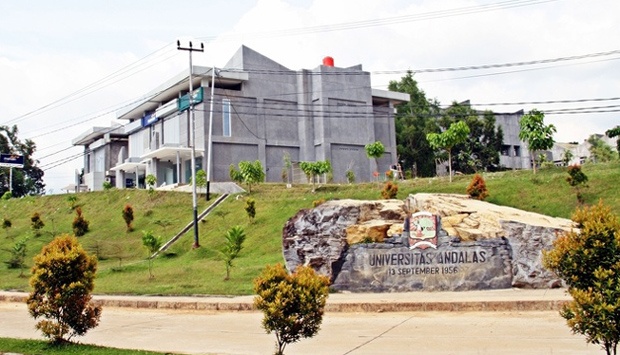
TEMPO.CO, Jakarta - It is ironic that while this country is now strongly democratic, university campuses have been left behind. All around the nation, the selection of university presidents has led to government intervention.
The problem arises from the existing symbiosis and collusion between two people involved in higher education: prospective presidents and people carrying out the mandate of the Ministry of Research, Technology and Higher Education. As soon the opportunity presents itself to select the top official in campuses, ministers swoop in and use their rights.
The addition of 35 percent of votes from the minister's allocation automatically turns candidates who had been discounted, into winning the majority of votes. Last year, hiding behind this regulation, underdogs at Jambi University, Lambung Mangkurat University and Andalas University were elected as presidents. Education Ministerial Regulation No. 24/2010 gives the Ministry of Research, Technology and Higher Education considerable authority in the election of university presidents: the minister has a 35 percent share of the votes, with the academics or student senates having only 65 percent.
As with other legislation, its dominance ends with excesses and produces brokers ready to offer their services to bridge the gap between the interests of candidates and the minister, for the right fee, of course. One former candidate for a university's presidency told this magazine of rejecting an offer from a National Education Ministry staff for the position of rector in exchange for more than a billion rupiah for 'services rendered'. If this was the case, then we must concede that the type of transactional practices that have characterized the political parties have now spread on to campuses.
Instead of being an example of good democracy, the election of presidents at state universities displays political practices that are elitist, secretive and that do not respect the principle of campus autonomy. Yet, it is clear from recent local regional elections, that the enthusiasm for regional autonomy runs high in campuses as well. Although the central government has control of the largest share of regional spending, regions still have autonomy and the right to directly elect their leaders. The government's share in the form of proportional funds, particularly general allocation funds, averages 63.43 percent, but this does not mean the government has the largest share of votes in the election of regional leaders. Therefore, the size of the government's contribution to campuses cannot be used to justify its allocation of 35 percent of votes.
National Education Ministerial Regulation No. 24/2010 seems to be lagging behind the times, in this era of reforms. Apart from the elites who benefit from government intervention and brokers, academics on campus want elections for presidents that are direct, democratic and transparent. The quota must be replaced by the fundamental principle of democracy: one person, one vote. Rather than spend time lobbying members of university senates like the Ministry of Research, Technology and Higher Education officials, candidates who pass the initial selection process must be ready to present their programs and be able to debate with other candidates.
Campuses are agents of change, not places to preserve undemocratic legacies. Therefore a new regulation is needed that removes the government's special right and strengthens campus autonomy and the mechanism of democracy. (*)
Read the full story in this week's edition of Tempo English Magazine























